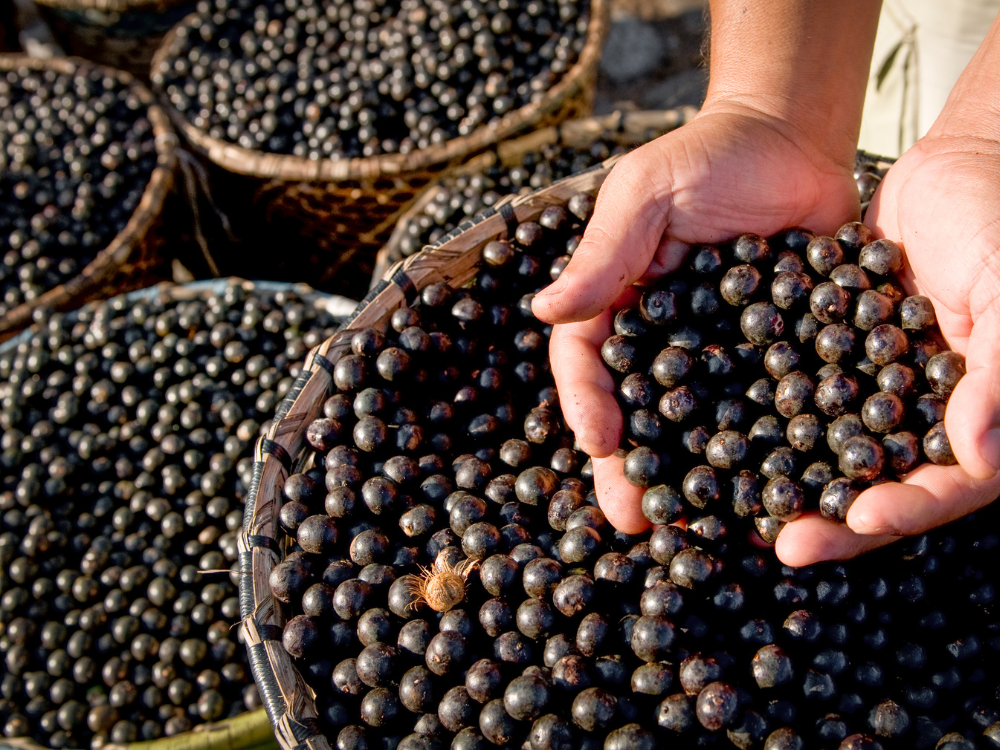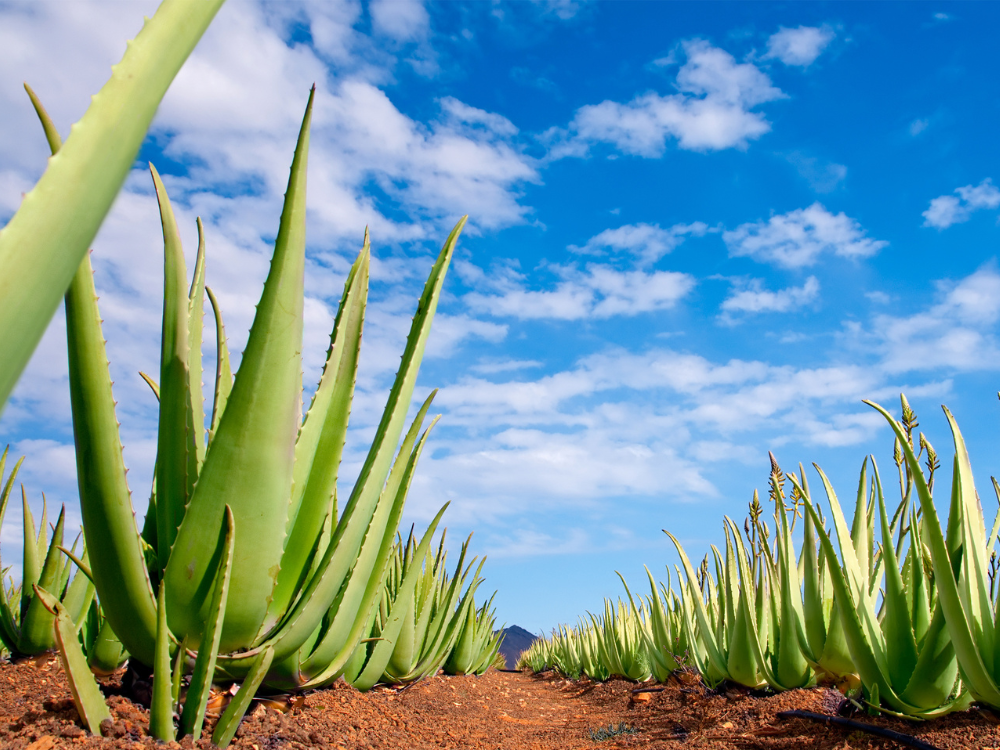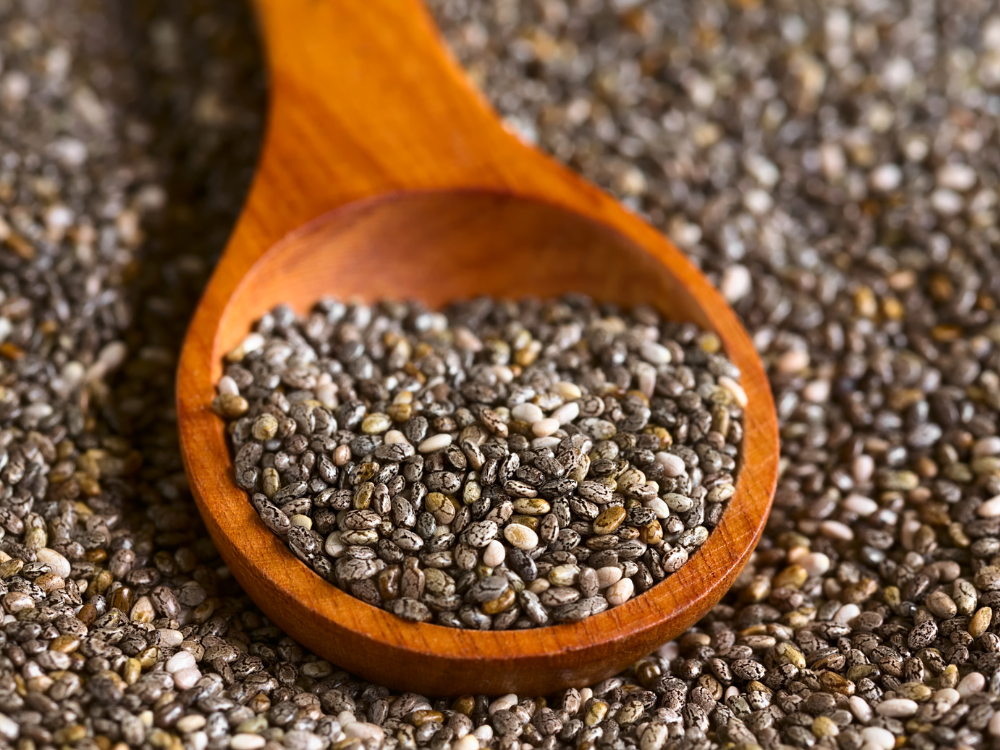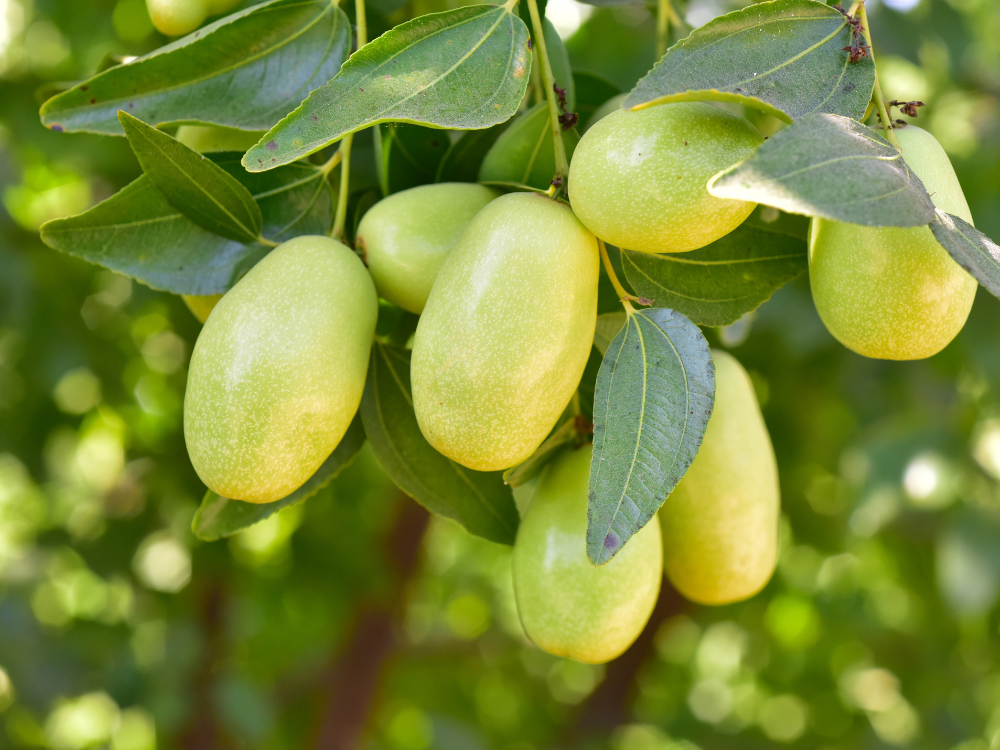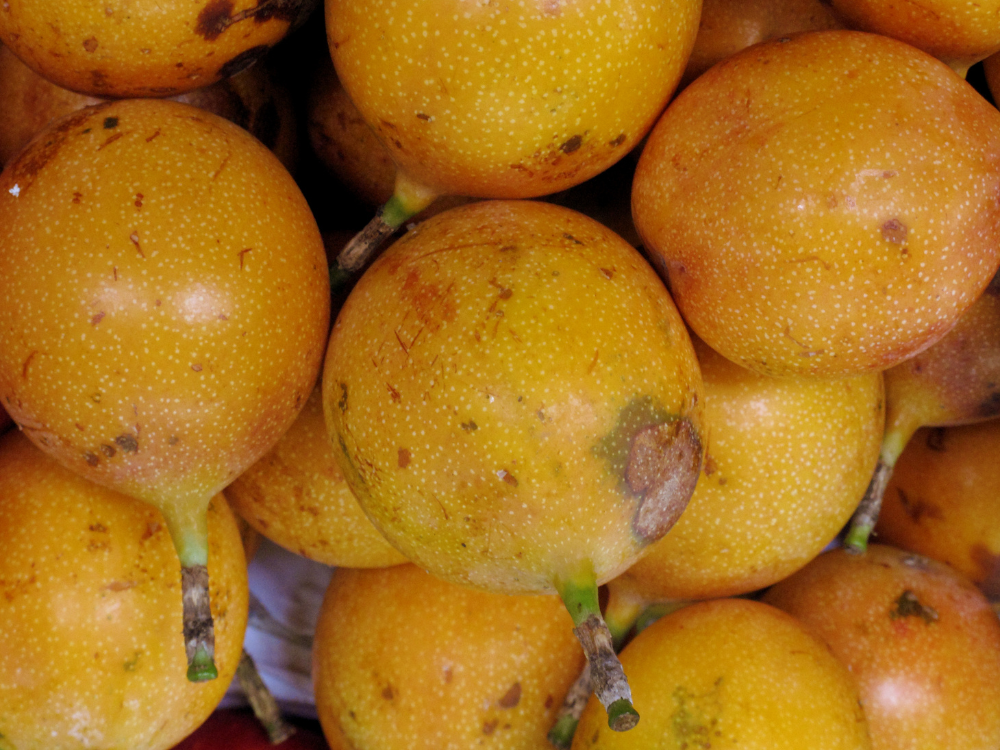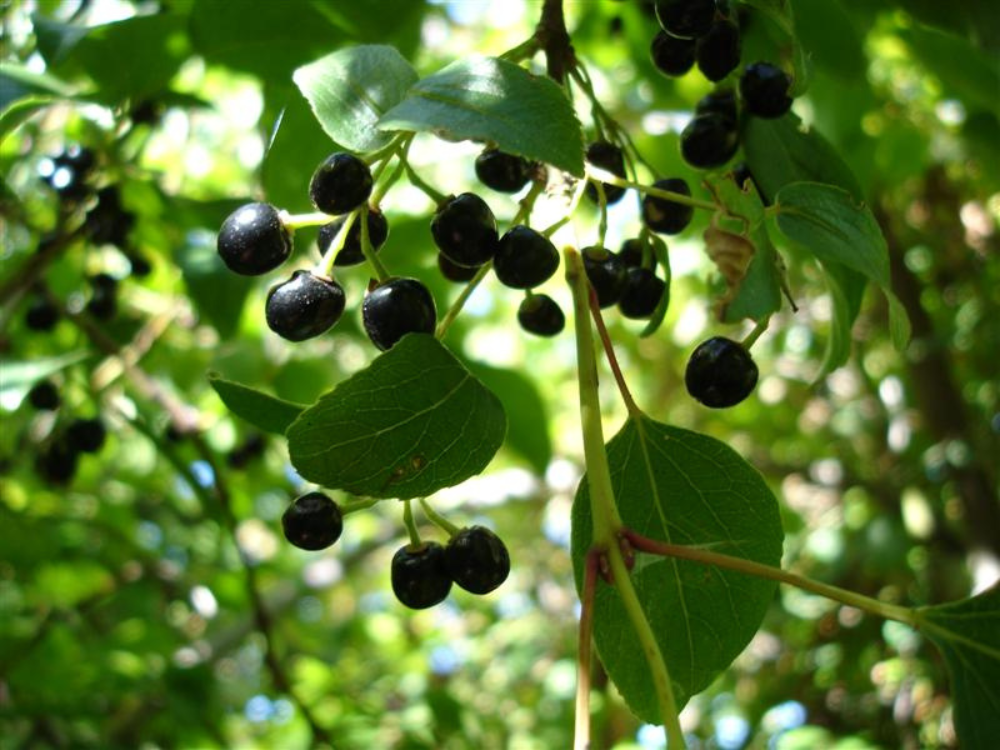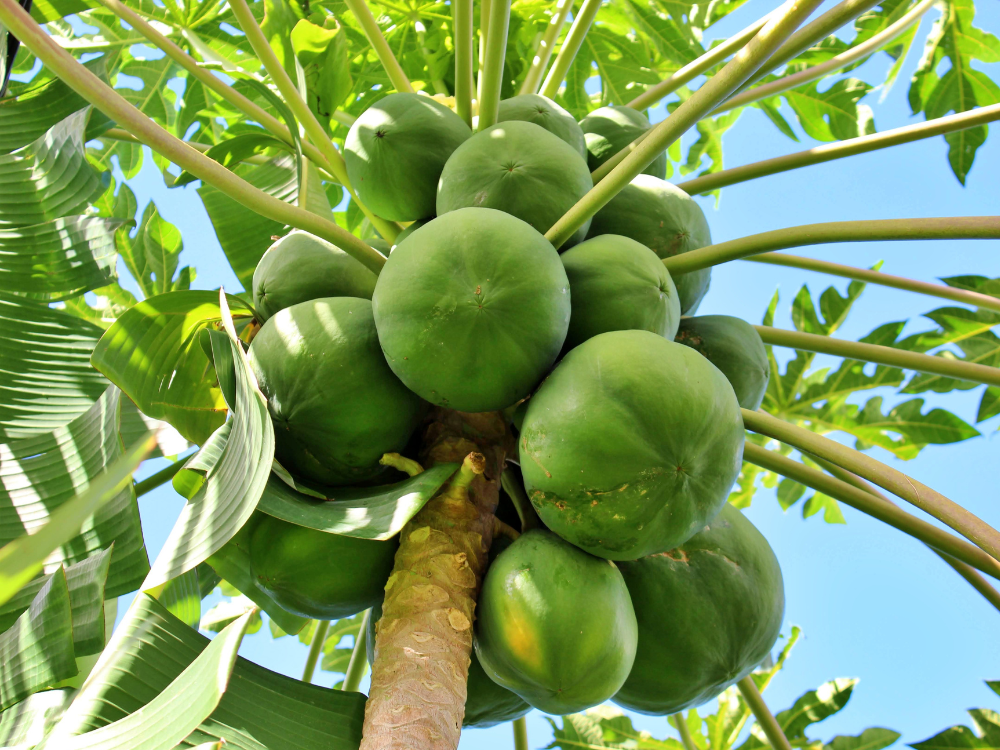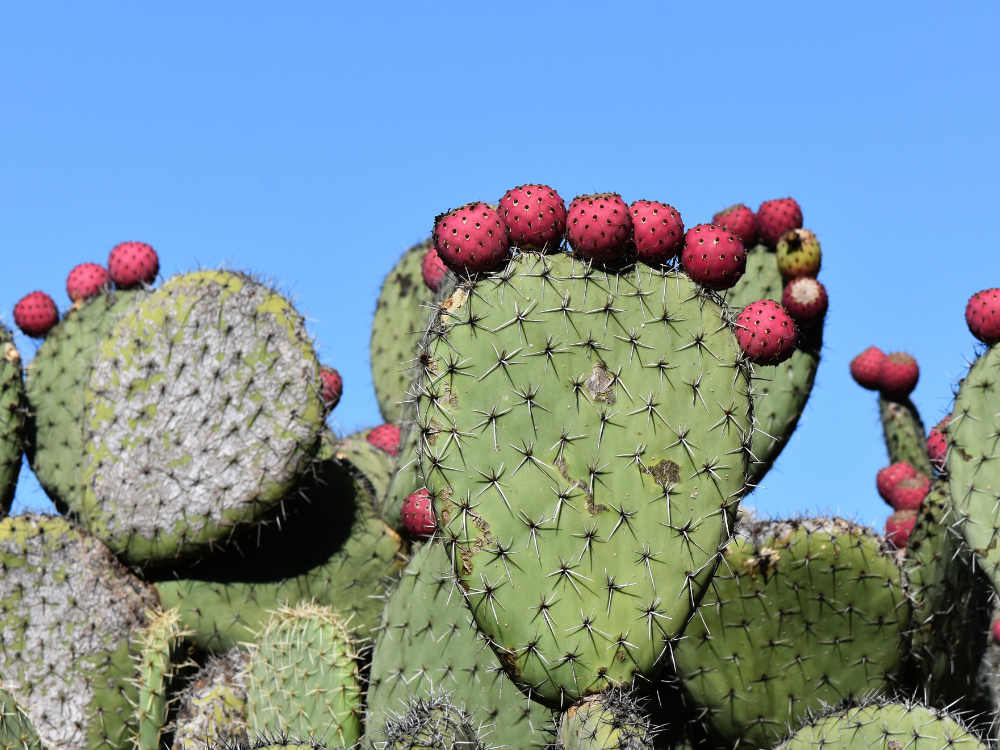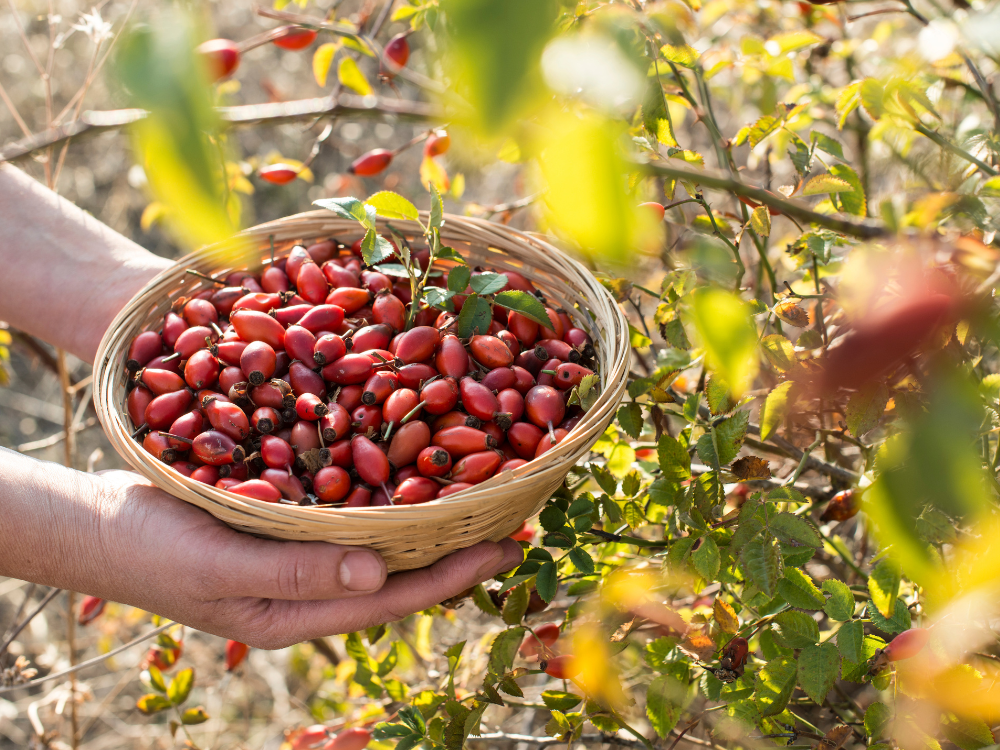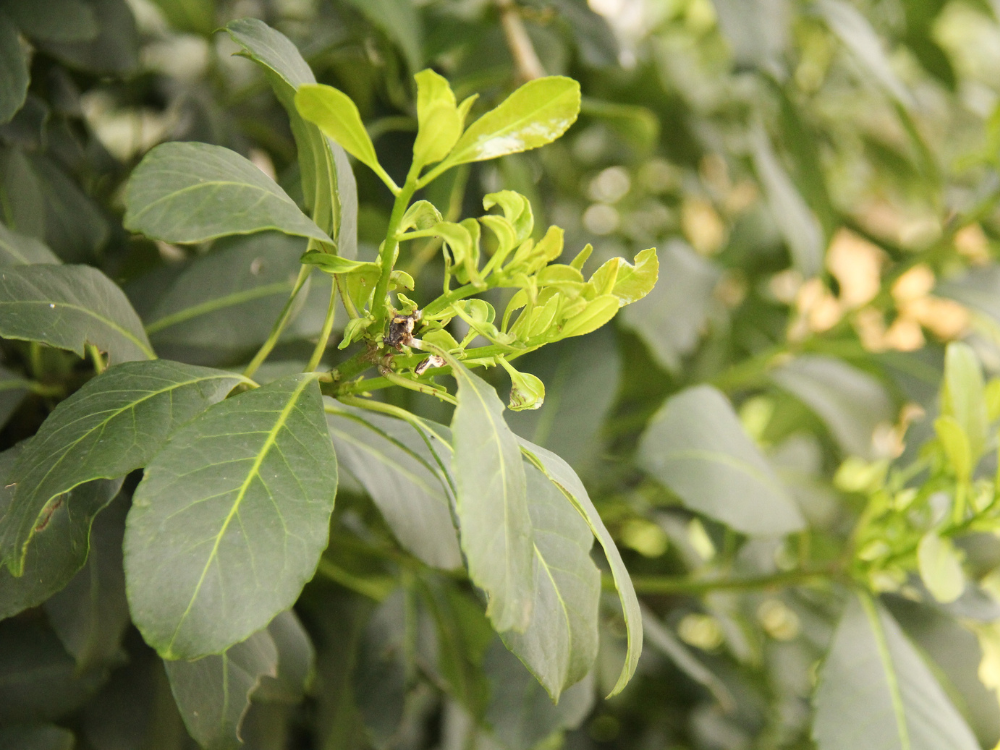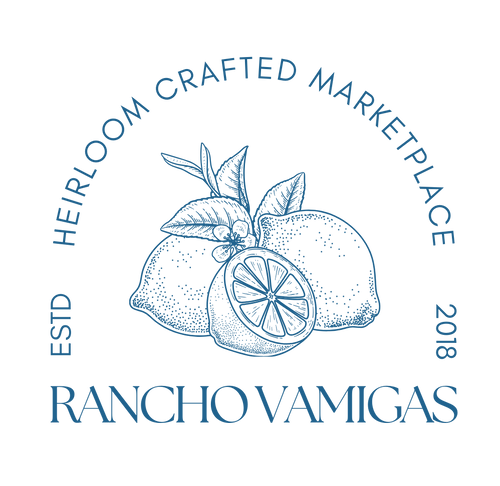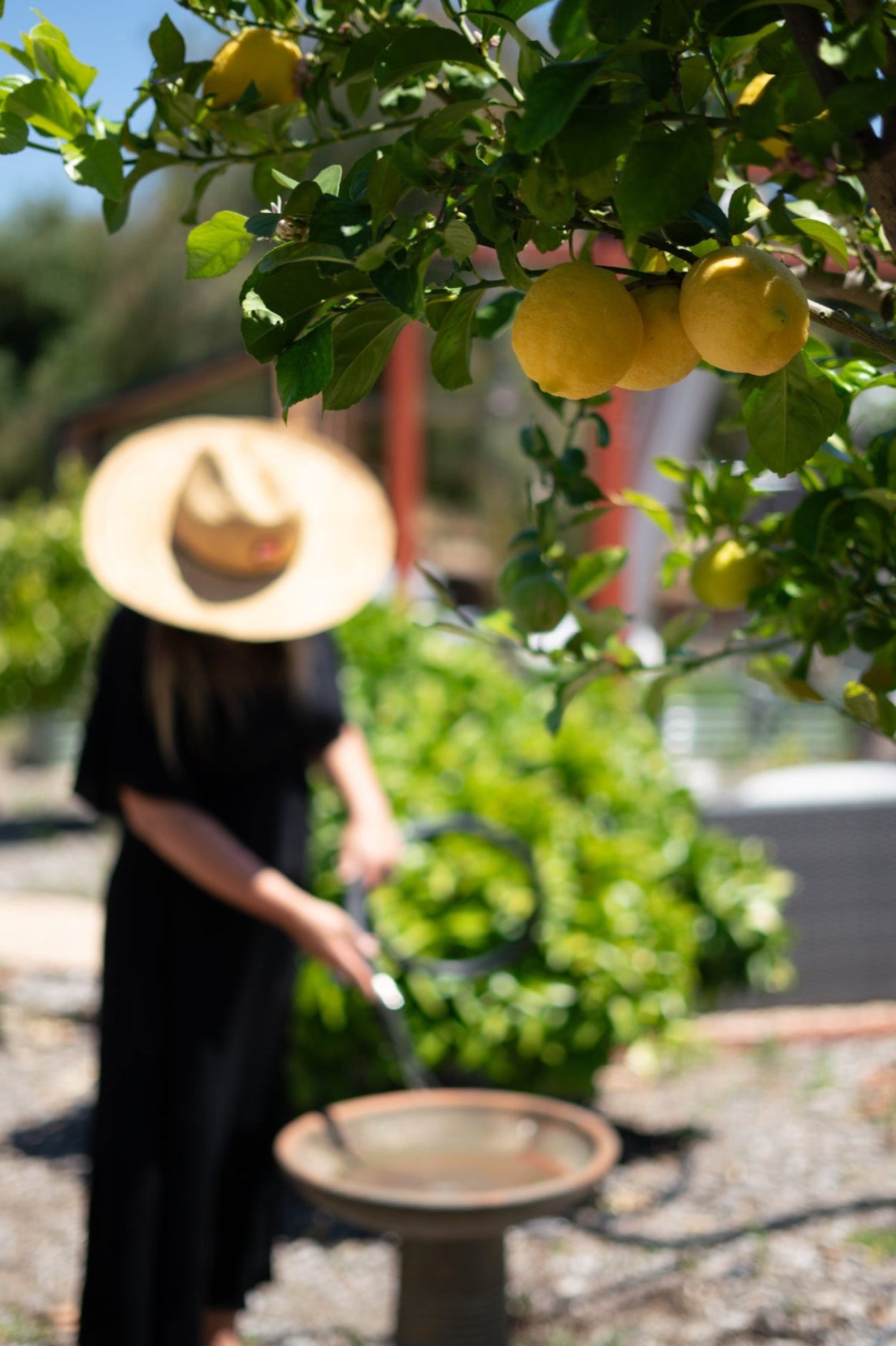Subscriptions
Every subscriber has their own personal dashboard to manage their subscription. To pause, cancel or edit to your subscriptions please follow the instructions below:
1) Go to our account page https://www.vamigas.com/account/login
2) Create an account with the same email you used to place your order
3) Login, and you will now be in complete control of your subscription via your own personal dashboard.
